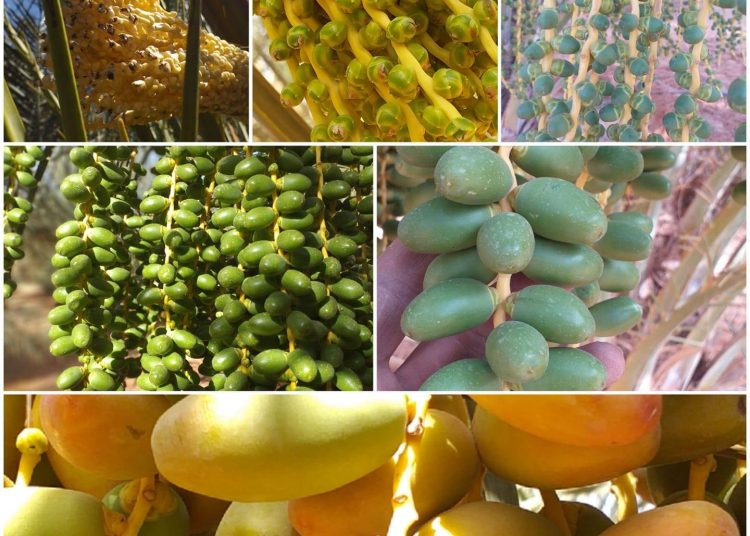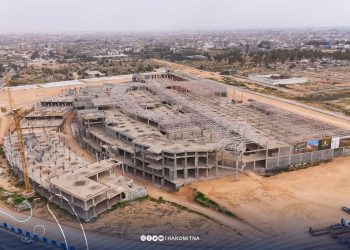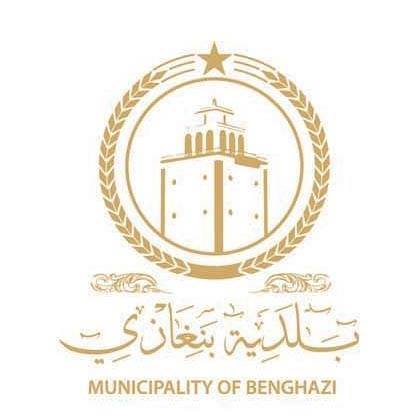The First Scientific Conference on Palm/Date Development in Libya will be held in the city of Houn in southern Libya from 8 to 9 October under the slogan ‘‘Caring for Date Trees for Sustainable Development’’. The event is organized by the College of Agriculture at University of Tripoli, and the Houn Palm Growers Association, with the support of the Libyan Export Promotion Centre and the sponsorship of the Tripoli Ministry of Economy and Trade.
Speaking exclusively to Libya Herald, the Chairman of the Scientific Committee of the Conference, Khaled Ramadan Al-Baidi, the organization of the conference stems from the extreme importance of the economy built on palm trees, their various products, and the industries based on them, and the investment opportunities they provide for those looking for a guaranteed and successful investment that has long-term economic feasibility.
Achieving Food security and investing in SMEs
Al-Baidi stressed that this conference is the first of its kind to be held in Libya in the field of date production, and its holding confirms the importance of date palm cultivation in food production and achieving food security. This comes by focusing on investment in small and medium industries and learning about the latest technologies used in the field of sorting and packing dates and benefiting from their derivatives and the most important pests they encounter.
The Chairman of the Scientific Committee said that the conference provides an opportunity for academic researchers, investors in the field of date palm production and those interested in it in Libya, in addition to developing academic and practical knowledge in the field and learning about the latest technologies used in this field. The conference also gives investors in the field, including farmers, the opportunity to learn about fertilizers that achieve the highest productivity at the lowest costs and are available in the global market and have been used in several countries that have achieved high-quality production in large quantities.
International participation
Al-Baidi highlighted the participation of local and international experts from several countries, including Egypt, Algeria, Morocco, and Tunisia, to contribute their experiences in developing palm cultivation and the industries based on it. They will also present their technical expertise in the field of developing palm tree afforestation through advanced and rapid scientific methods. These methods contributed to increasing the area planted with date trees in their countries until they reached record production of dates.
Libya to become an exporter of dates
These methods also enabled these countries to achieve the goal of exporting abroad after satisfying local demand. Al-Baidi said this conference seeks to make Libya one of the countries exporting dates to all parts of the world, especially since Libyan dates are characterized by high quality, which increases their competitiveness with dates from other countries.
Libya produces 150,000 tons annually
Regarding Libya’s production of dates, Al-Baidi said that Libya produces an average of 150,000 tons annually, which he said is a modest number compared to the production of Tunisia, which reached 350,000 tons annually, Saudi Arabia, which produces 1.5 million tons annually, and Egypt, whose production reached 1.7 million tons annually.
Conference focus area
Therefore, he continued, the conference will focus on the best ways to increase the area planted with palm trees, especially in the cities of southern Libya, such as the cities of the Al-Jufra region, the Waha cities, Sebha and those around them, as they are good environments for growing the palm tree, with the possibility of establishing manufacturing industries based on its products in accordance with sustainable development plans.










